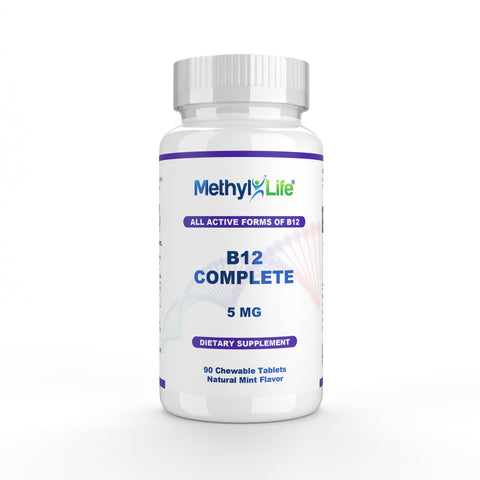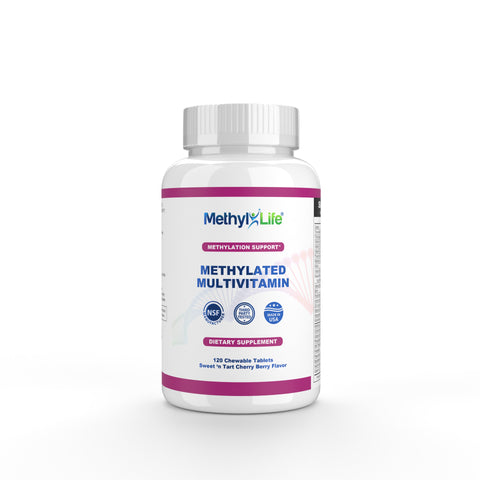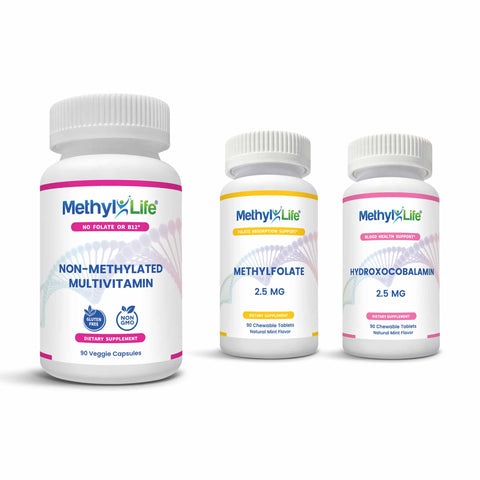Pregnancy is one of the most exciting (and scary!) times of any woman’s life. There’s so much to plan and prepare for: the nursery, the stacks of diapers, the right stroller, a name…
But there’s one thing that’s much more important than all the baby paraphernalia: your health.
Whether you’re pregnant or just planning to start a family, one of your first priorities should be to make sure you’re getting adequate vitamin B12. Many people have no idea just how important this one vitamin is - especially for moms-to-be.
Unfortunately, there’s a lot of conflicting information out there about the so-called possibility of taking an overdose of B12 during pregnancy. In reality, the risk of a B12 deficiency is both far more prevalent - and dangerous.
Here’s why:
















